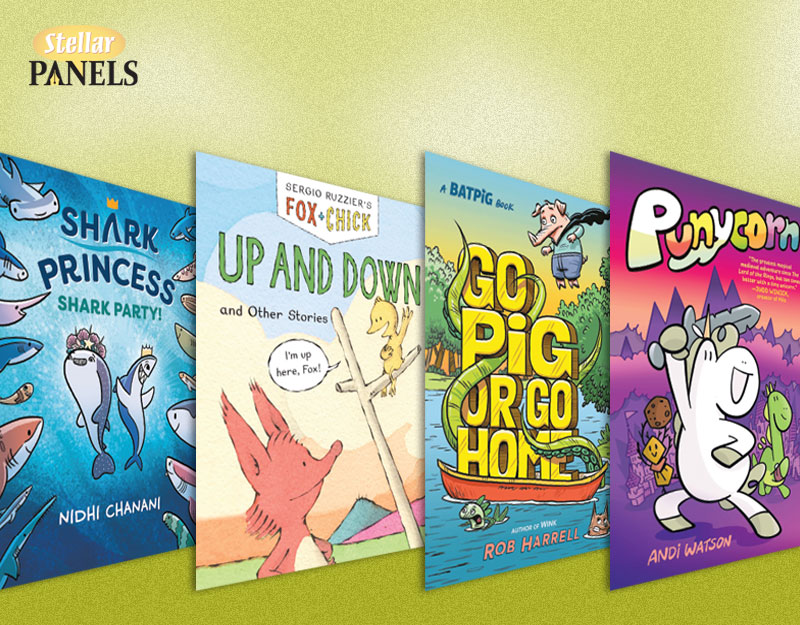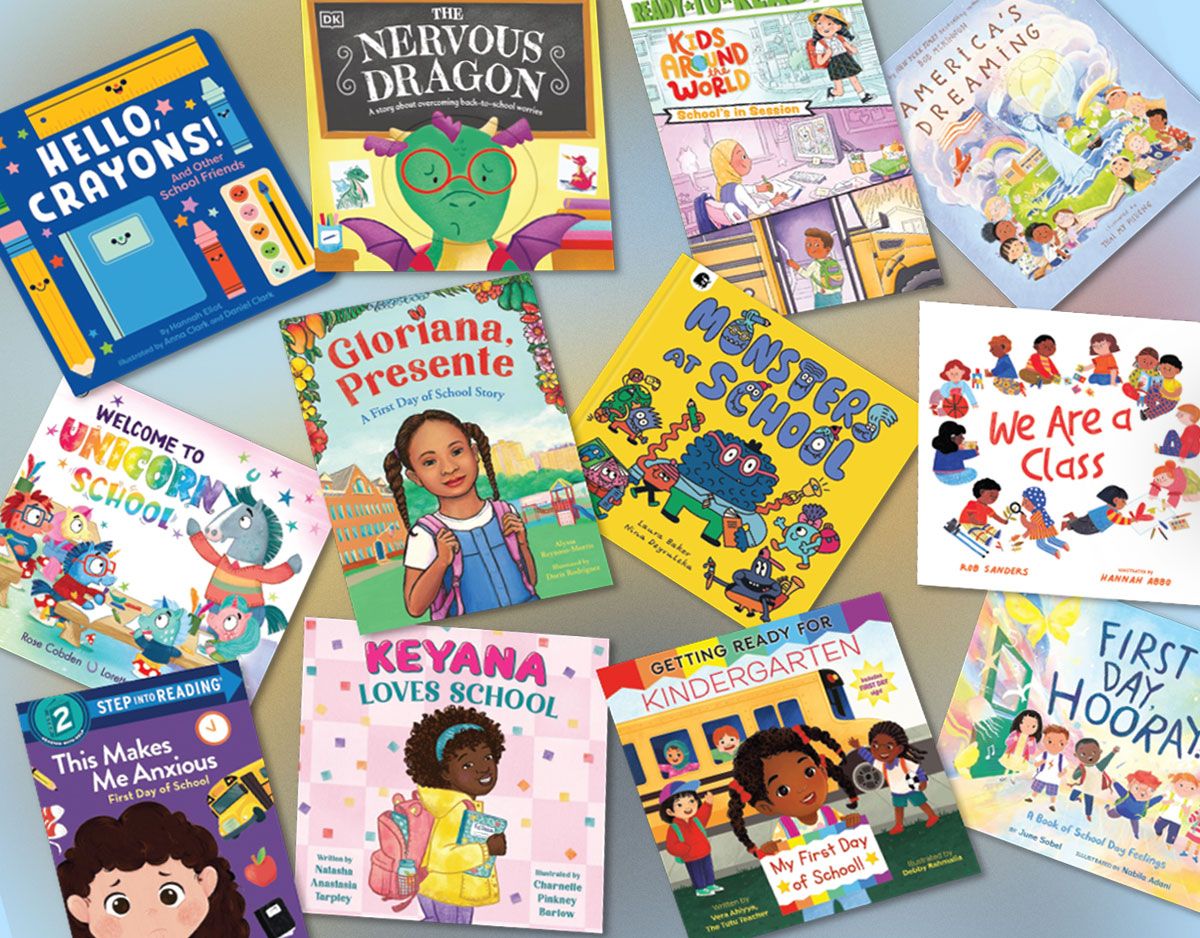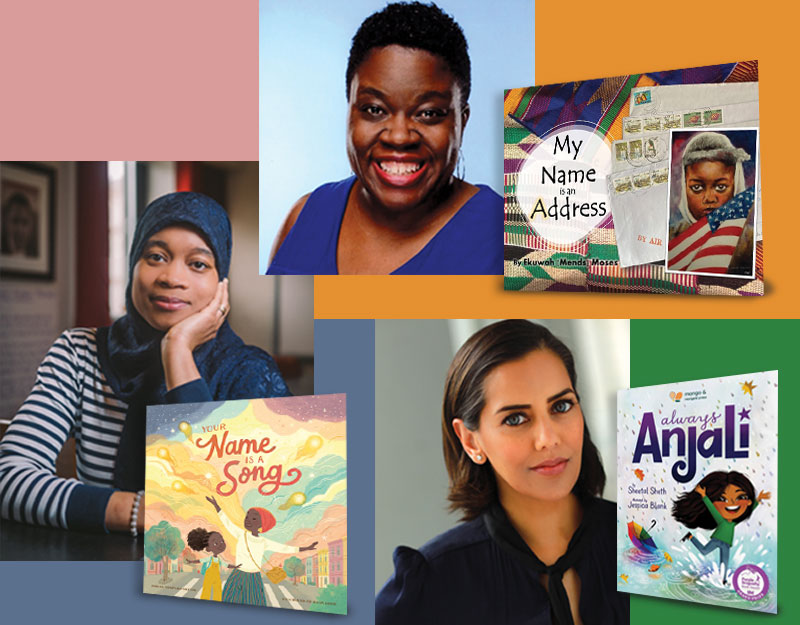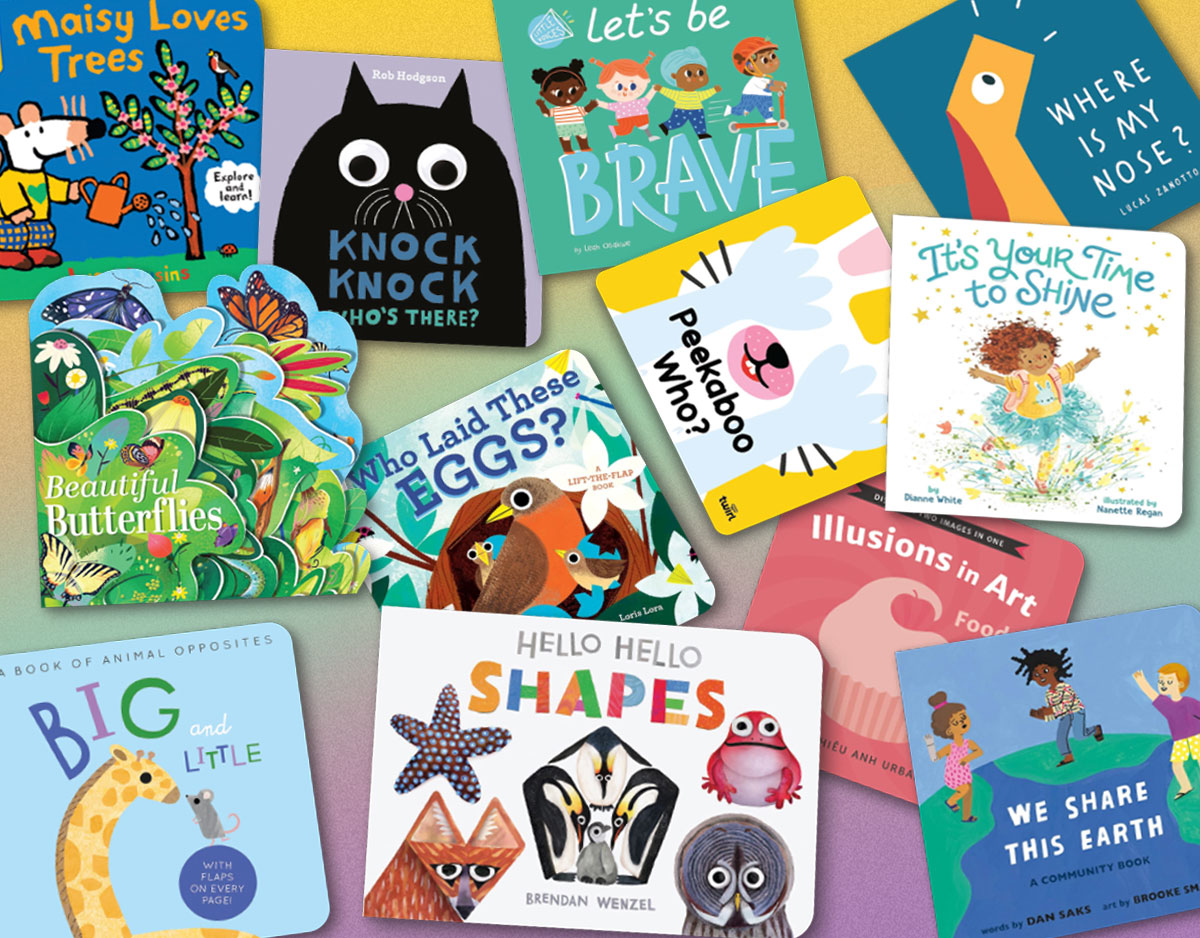Talking With Kids About 9/11, a guest post by Saadia Faruqi
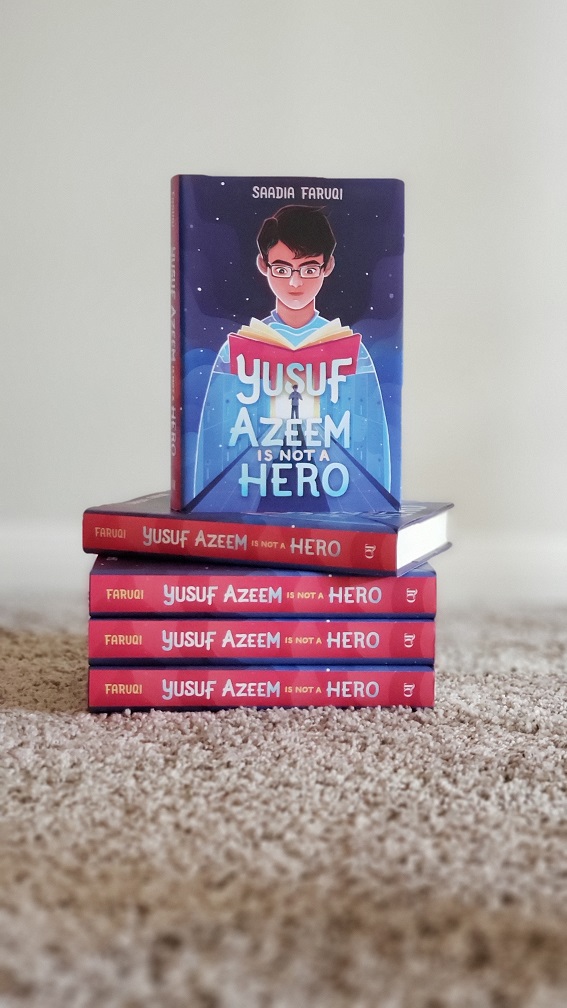
Most young people don’t really care about 9/11. It’s not surprising, since the attacks occurred twenty years ago and are considered ancient history by anyone who’s growing up in the age of TikTok music videos. They study about it in schools in a very perfunctory manner, or hear about it from adults on each anniversary of the attacks. If they come from a family that was personally affected, they will pay homage to the victims. Beyond that, 9/11 isn’t really something on most kids’ radars.
Still, I find myself talking and writing about this subject frequently. I discuss it with my own children, a high-schooler and a middle schooler. I write about it in articles and essays. I think about it more than I probably should. The reason: 9/11 wasn’t just the worst terrorist attack in our nation’s history, it was also a phenomenon that led to a deep change in our society, our laws, and how we view each other. The day after the attacks in 2001, we began to view a group of our neighbors, friends, and community members as suspicious because they shared the religious beliefs of our enemy.
ADVERTISEMENT
ADVERTISEMENT
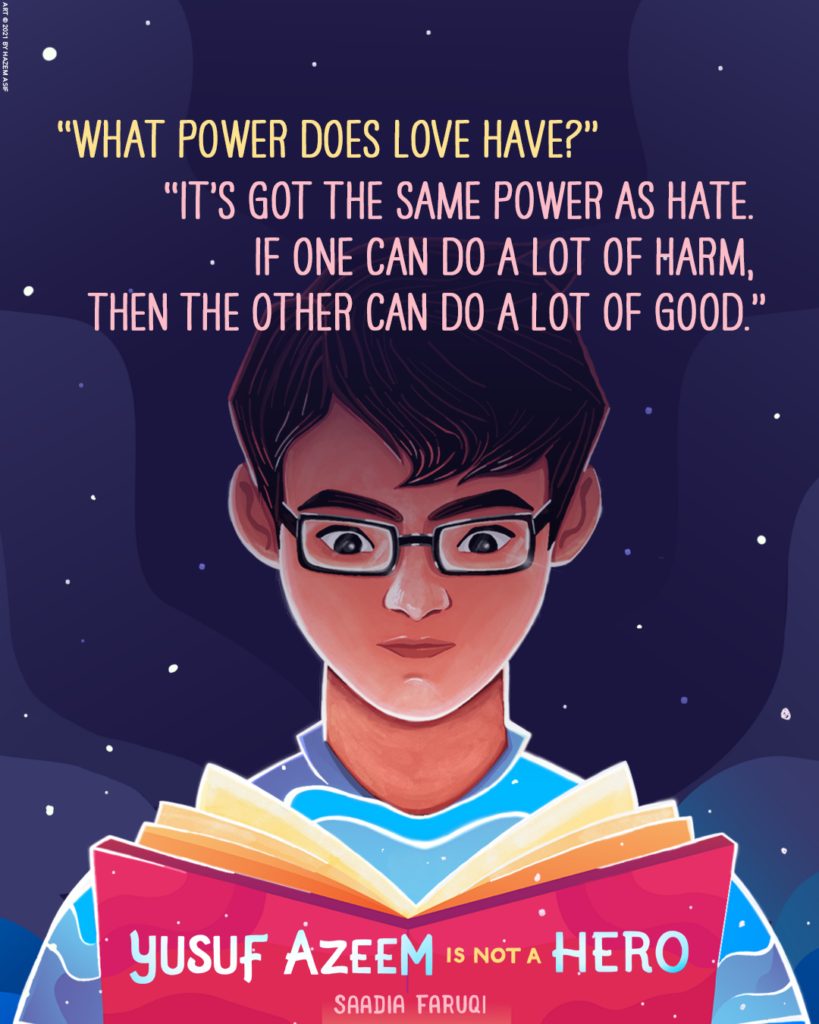
This group, Muslim Americans, were harassed on streets, told to “go back home” and treated like enemies. Our government enacted regulations that targeted us, such as additional security at airports, secret surveillance, and racial profiling. Kids were affected then, and still are today. In fact, those who weren’t even alive during 9/11 still have to live in a world completely shaped by that time period. Think about the movies they watch and the video games they play, where the enemy is always someone who looks like me. Think about the taunts in the cafeteria and the playground, where the targets are always kids like mine. Think about teachers saying grossly inaccurate and even offensive things when they teach World History or World Cultures. This treatment is extended to anyone who is perceived as Muslim: brown people, Hindus and Sikhs, Arabs, immigrants, and more.
These are all the reasons why we need to talk about 9/11 and its aftermath. It’s a much bigger and more nuanced conversation that many adults realize. It’s about who was impacted by government policies, and how prejudice was institutionalized. It’s about how we treat our neighbors and classmates. It’s about which regulations are wrong, and how we can use civic action to make changes.
The good news: kids are very smart. They will understand and analyze this issue in ways that will amaze you. They just need the opportunity to learn and discuss.
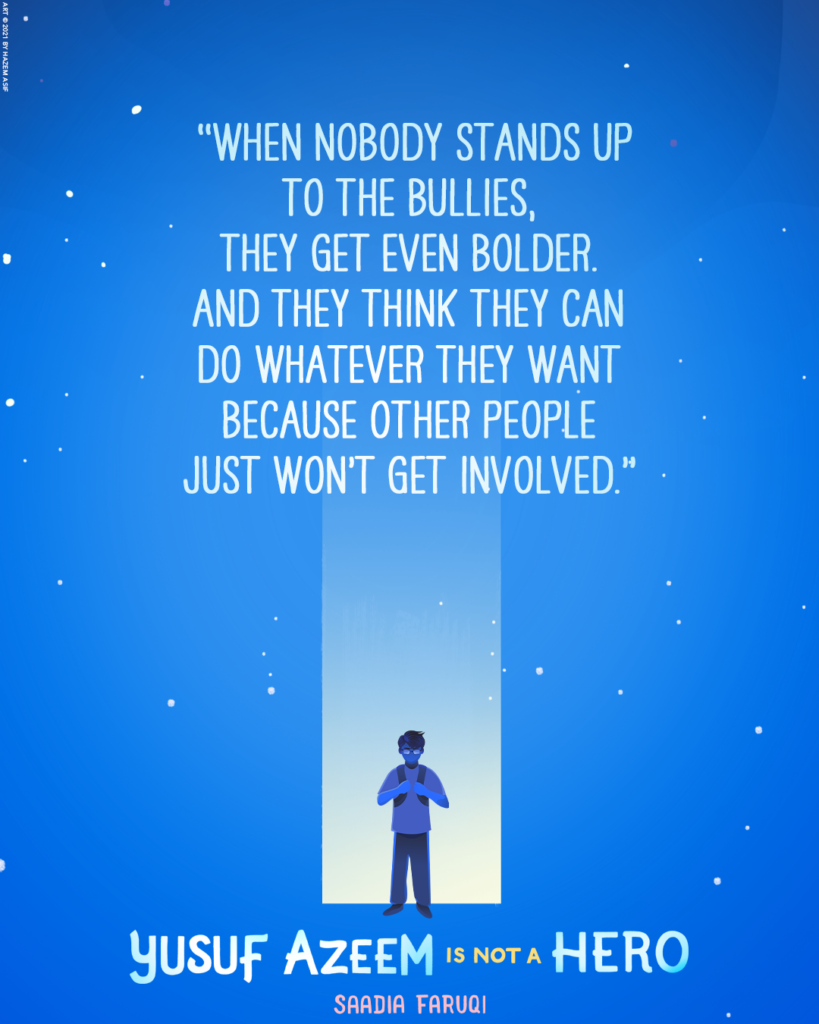
In my book YUSUF AZEEM IS NOT A HERO, I explore many aspects of a post 9/11 world and how they affected my community. Yusuf is a sweet, nerdy sixth grader excited about starting middle school, and maybe winning a regional robotics competition. But his small Texas town is preparing for the 20th anniversary of the attacks, riled up by a white supremacist group called the Patriot Boys who want to run Yusuf and his Muslim community out. They bully the kids in school and the adults in neighborhoods, block the construction of a new mosque, and vandalize private property. From calling a kid a terrorist in the school hallways, to accusing another of bringing a bomb to school, the story shines an ugly but accurate light on our society today.
Yusuf learns more about 9/11 from his uncle’s journal, and realizes that the past informs the present and therefore affects the future. That’s what I hope from all my young readers. Learn about history, because how human beings react to events and incidents offers insight about what needs fixing. We need to treat others better, and with more respect. We need to make our communities and schools more welcoming. We need to look at people with love and understanding, not hatred and suspicion. When we start talking about 9/11 and everything that happened after that – politically, culturally, religiously – we will begin healing.
Meet the author

Saadia Faruqi is a Pakistani American author, essayist and interfaith activist. She writes the children’s early reader series “Yasmin” and other books for children, including middle grade novels “A Place At The Table” co-written with Laura Shovan (a Sydney Taylor Notable 2021), and “A Thousand Questions” (a South Asia Book Award Honor 2021). Her new book “Yusuf Azeem Is Not A Hero” details the experiences of the Muslim American community twenty years after 9/11. Saadia is editor-in-chief of Blue Minaret, a magazine for Muslim art, poetry and prose, and was featured in Oprah Magazine in 2017 as a woman making a difference in her community. She lives in Houston, TX with her husband and children.
About Yusuf Azeem Is Not a Hero
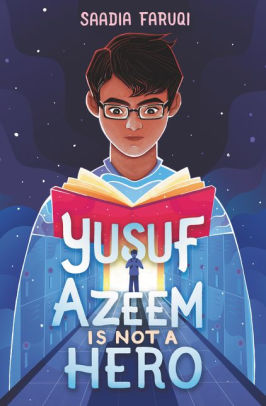
ADVERTISEMENT
ADVERTISEMENT
At a time when we are all asking questions about identity, grief, and how to stand up for what is right, this book by the author of A Thousand Questions will hit home with young readers who love Hena Khan and Varian Johnson—or anyone struggling to understand recent U.S. history and how it still affects us today.
Yusuf Azeem has spent all his life in the small town of Frey, Texas—and nearly that long waiting for the chance to participate in the regional robotics competition, which he just knows he can win.
Only, this year is going to be more difficult than he thought. Because this year is the twentieth anniversary of the 9/11 terrorist attacks, an anniversary that has everyone in his Muslim community on edge.
With “Never Forget” banners everywhere and a hostile group of townspeople protesting the new mosque, Yusuf realizes that the country’s anger from two decades ago hasn’t gone away. Can he hold onto his joy—and his friendships—in the face of heartache and prejudice?
ISBN-13: 9780062943255
Publisher: HarperCollins Publishers
Publication date: 09/07/2021
Age Range: 8 – 12 Years
Filed under: Uncategorized
About Amanda MacGregor
Amanda MacGregor works in an elementary library, loves dogs, and can be found on Twitter @CiteSomething.
ADVERTISEMENT
ADVERTISEMENT
SLJ Blog Network
Notes on November 2024
It’s Here! 31 Days, 31 Lists 2024!
Teenage Mutant Ninja Turtles/Naruto #1 | Review
Mock Newbery 2024: Last Minute Pleas
The Seven Bills That Will Safeguard the Future of School Librarianship
ADVERTISEMENT




